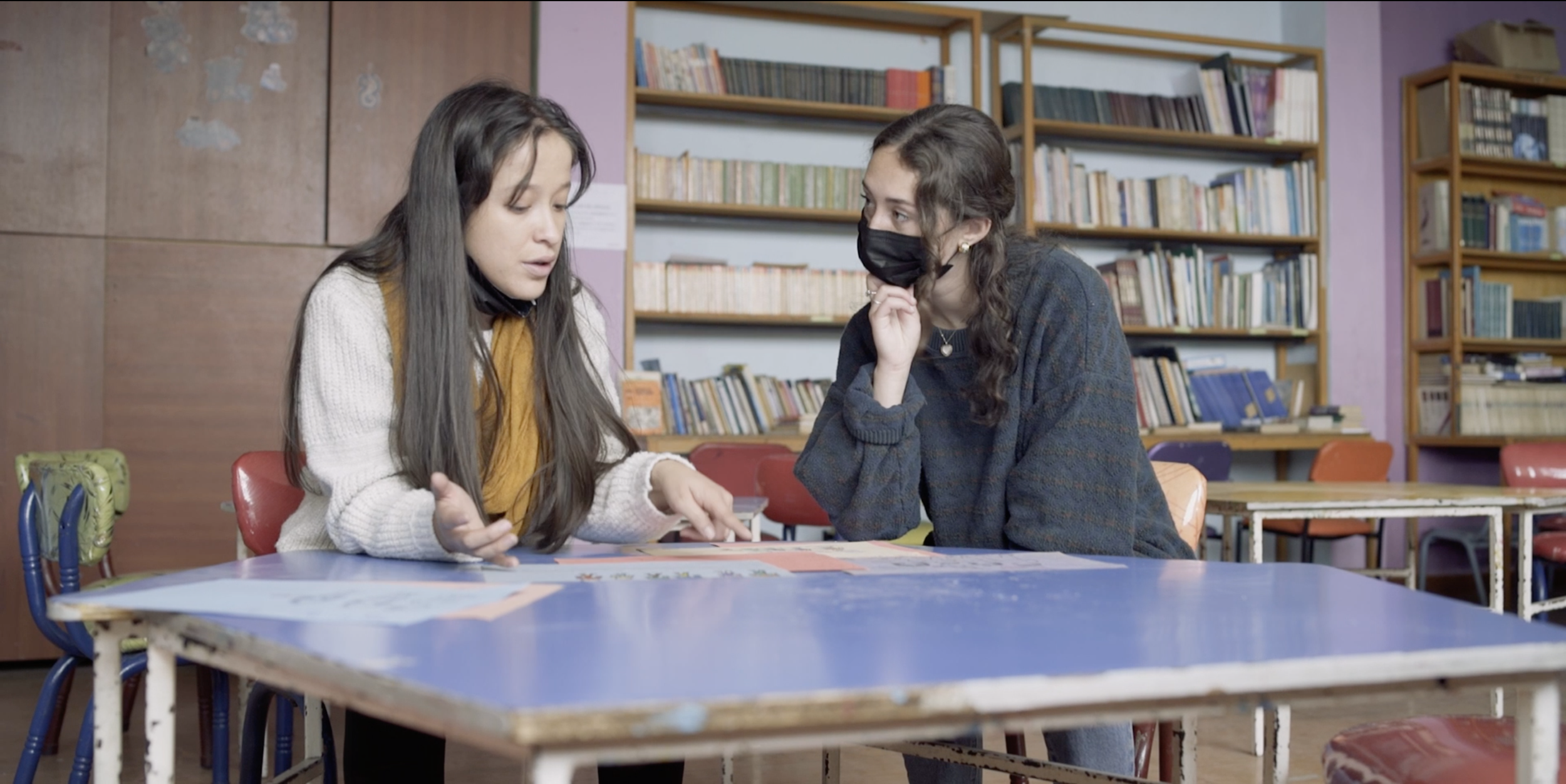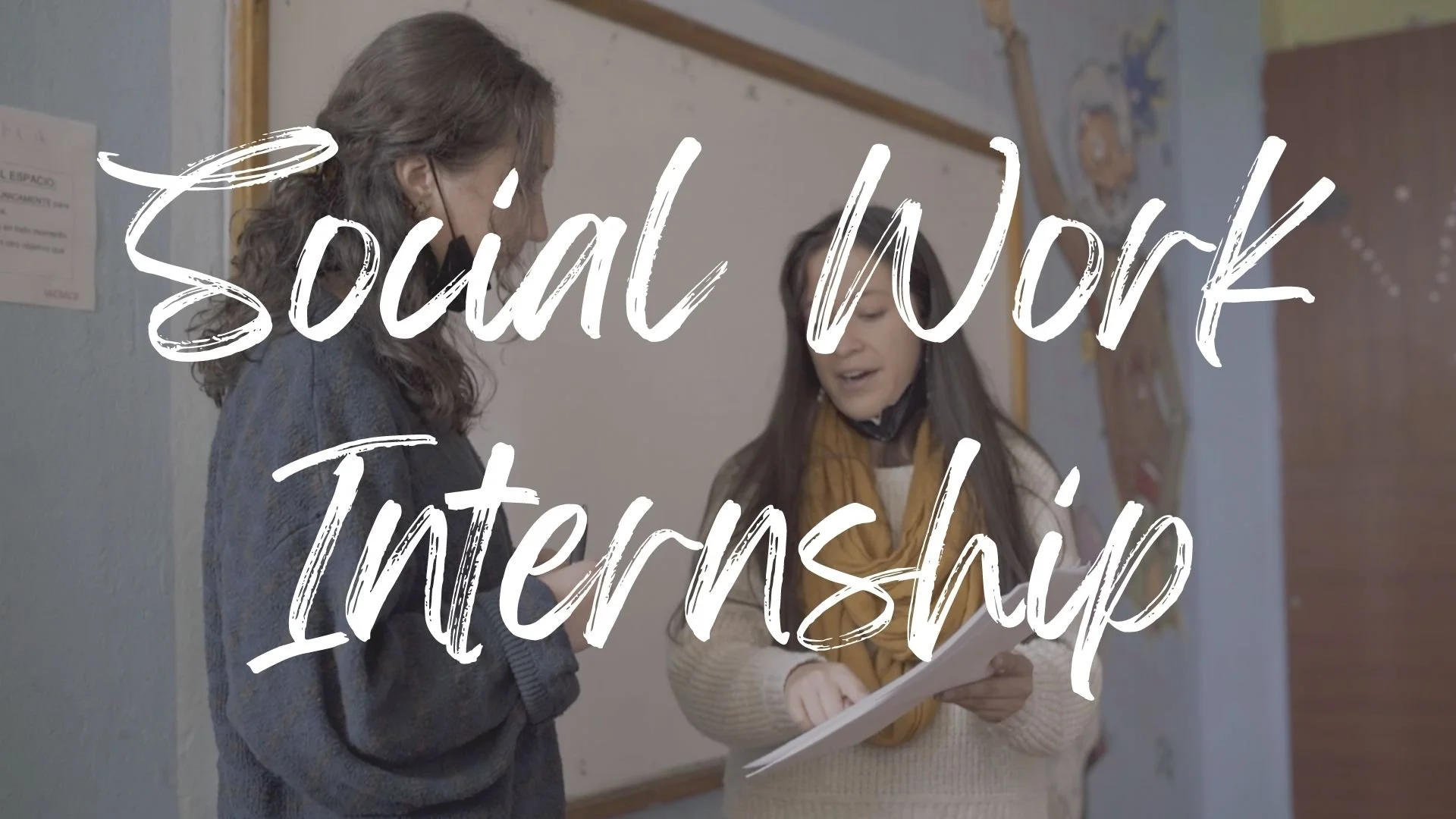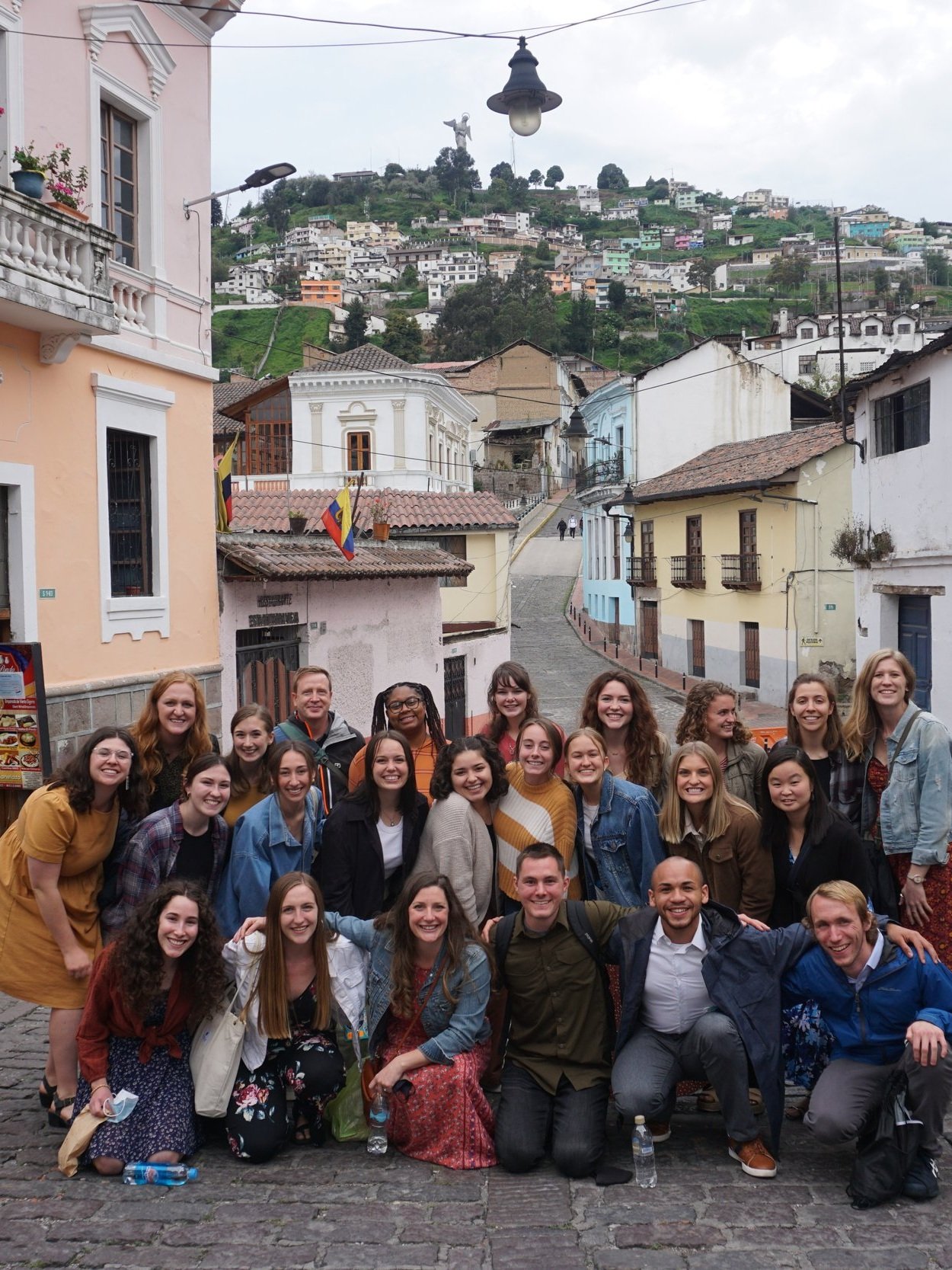
Social Work Track
Quito, Ecuador
Why the Social Work Track?
Living and Learning International in Quito is an amazing mixture of adventure, academic excellence, culture, practical experience, language, mission, and integrated living as you participate in this semester abroad program. During this semester, students will engage in Social Work Field Placement (400+ hours for seniors, 150+ hours for juniors) that will deepen students' understanding of cross-cultural social work.
Each student enrolls in a Social Work Field Seminar taught by MSW qualified Living and Learning faculty. As a part of the program, students participate in orientation, debrief, leadership development, and engage in cultural experiences. During a portion of the semester, students will live with an Ecuadorian family and participate in academic guided tours of the Amazon, Galapagos Islands, and other regions of Ecuador to experience culture and to grow in a Christian community.
Course Offerings
Juniors*
-
This course provides an overview of the history, art, and culture of Ecuador, along with the relationship between various factors. The course includes guest speakers from local organizations and visits to community groups, along with lectures and readings. The one-unit seminar is required for all students. Completing the course for three units is an elective.
-
An integrative cross-cultural experience designed to help the student develop a Christian worldview, engage cross-culturally, and understand diverse social and cultural contexts. A one-hour-per-week classroom-based lecture is a required component of students engaging in local internships. The goal and emphasis of this course is to provide students with a set of tools to utilize in interacting with people in work, community, or educational settings. Community development interventions in this course are designed to strengthen and improve less-advantaged communities, empower residents to participate in the developmental processes, and interact in larger social, political, and economic systems on behalf of the community.
-
This course offers the student the opportunity to process the international internship experience under the professional supervision of the professor. This course will discuss re-entry components of the international experience and will incorporate a discussion of globalization as it relates to social work and the diversity of the social work profession in other countries. The senior international seminar is held two (2) hours weekly in which students submit their own practice records for critical study and offer constructive feedback to their peers. Emphasis is placed on the integration of students' social work theoretical knowledge and skills as they enter the profession. Students must demonstrate all social work competencies designated by the Council on Social Work Education.
-
This course provides an educationally directed practicum, introducing the student to agency-based social work practice. The student completes 150 hours in a social service setting, engaging in direct social work practice, under the guidance of a professional social worker. The student begins to integrate theory and practice and demonstrates beginning social work practice behaviors.
Seniors
-
This course provides an overview of the history, art, and culture of Ecuador, along with the relationship between various factors. The course includes guest speakers from local organizations and visits to community groups, along with lectures and readings. The one-unit seminar is required for all students. Completing the course for three units is an elective.
-
An integrative cross-cultural experience designed to help the student develop a Christian worldview, engage cross-culturally, and understand diverse social and cultural contexts. A one-hour-per-week classroom-based lecture is a required component of students engaging in local internships. The goal and emphasis of this course is to provide students with a set of tools to utilize in interacting with people in work, community, or educational settings. Community development interventions in this course are designed to strengthen and improve less-advantaged communities, empower residents to participate in the developmental processes, and interact in larger social, political, and economic systems on behalf of the community.
-
This course offers the student the opportunity to process the international internship experience under the professional supervision of the professor. This course will discuss re-entry components of the international experience and will incorporate a discussion of globalization as it relates to social work and the diversity of the social work profession in other countries. The senior international seminar is held two (2) hours weekly in which students submit their own practice records for critical study and offer constructive feedback to their peers. Emphasis is placed on the integration of students' social work theoretical knowledge and skills as they enter the profession. Students must demonstrate all social work competencies designated by the Council on Social Work Education.
-
This course provides an educationally directed practicum, introducing the student to agency-based social work practice. The student completes 400 hours in a social service setting, engaging in direct social work practice, under the guidance of a professional social worker. The student begins to integrate theory and practice and demonstrates beginning social work practice behaviors.
*For those enrolling in Junior Field Placement for 150+ hours, they will enroll in the above courses AND have access to the full course catalog which includes additional Spanish courses, Bible courses, and General Education coursework.
Some Field Placement Examples Include:
Pan de Vida: a nonprofit that gathers the resources needed to help those who are less fortunate in Quito come to a personal relationship with the Lord Jesus Christ and fully live to their God-given potential.
Camp Hope: a nonprofit that helps reach the needs of the economically, physically, and mentally challenged children, teens, and young adults. They strive to enable them to attain the goals of independence and social integration. They provide education, medical services, spiritual discipleship, rehabilitation, and vocational training.
Casa Adalia: an aftercare discipleship home for young women ages 18-22 who have been rescued from desperate and vulnerable situations: sexual exploitation, abuse, domestic violence, and/or human trafficking
Escuela Rey Sabio Salomon: a Christian-based, private K-12 school. Its mission is to provide social and spiritual support to children from lower-income backgrounds.
Meet the Team
-

Sara Arroyo
L&LI Internship Coordinator
Sara is an Ecuadorian national who serves as the L&LI Internship Coordinator. She works directly with local agencies to assess their needs and capacity to host North American BSW. Throughout the semester, alongside the rest of the social work team, Sara troubleshoots any issues that arise at the agencies.
-

Leslie Whitfield, MSW, MPH
Field Seminar Instructor and Supervisor
Leslie serves as the instructor for the Field Seminar course. She also provides supervision for students that require MSW supervision for their field placement and whose agency does not have an MSW on site. Leslie is based out of Washington, D.C. and teaches remotely.
-

Laura Nelson, BSW
Social Work Liaison
Laura is a North American social worker who has been living and serving in Quito, Ecuador since 2021. Her role is to be a local liaison with agencies, students, and field directors from home institutions. Laura participates in the weekly field seminar and is currently in pursuit of her MSW.
Cultural Activities & Engagement
Class Trips
Tour one Neo-Gothic and one Baroque-style church in Colonial Quito (Experiential Outing)
Visit the Presidential Palace
Day Trips
Orientation Session(s) at a Retreat Facility and/or City Park
Equator Visit & Zip-lining in the Cloud Forest
Hike Rucu Volcano with a summit of 15,696 feet
Explore Otavalo Market (the largest open-air market in South America)
Hike to the Refuge of the Cotopaxi Volcano (15,748 feet)
Overnight Trips
2-day trip to the mountain adventure town of Baños (Swing at the End of the World)
5-day service trip to the Amazon jungle of Ecuador
5-day trip to the Galapagos Islands (Santa Cruz)
5-day trip to another region of Ecuador
4-day trip to the Coast of Ecuador for Debrief

Host Families & Student Life
Students' community will include peers, faculty, staff, homestay families, guests, visitors, and numerous other people. Living in community is a focal point that will encourage growth and development and the opportunity to explore and experience the concept of a Christian community as it is affected by the diverse backgrounds and patterns of thought in our student body.
During the semester program, students will live with an Ecuadorian family for 4-5 weeks. Living with an Ecuadorian homestay family is one of the most rewarding aspects of the semester. We call this our "homestay" program because when you participate in this program, you are not only renting a room in somebody's house, you are being welcomed into their home as if you were a member of the family.

Program Costs
Depending on the program you select, you will need to check with your college or university for exact costs. However, in most cases, if you are a student at one of our partner schools a semester in Ecuador will not cost you more than what you are currently paying for school! If you are not currently enrolled in a college or university and would still like to attend, contact us.
Pricing Breakdown:
$12,000 - Tuition
$3,000 - Room and Board
$15,000 - Total Program Cost
Cost Includes:
12-18 semester credits
All Lodging and Transportation during program events
All meals during program events (about 40% of meals during semester)
Excursion to the Galapagos
Excursion to another region of Ecuador
Mission Trip to the Amazon Jungle
Final Debrief Trip to the Coast of Ecuador
Homestay with an Ecuadorian Family
Cultural Experiences and Student Activities
Internship Experience (for credit option)
Visa
International Travel Insurance (not primary medical insurance)
Does Not Include:
Airfare
Passport
Immunization
Meals when not with program (about 60%)
Personal expenses like shopping, personal needs or personal travel.
How It Works
Talk to your study abroad office and share that you’re interested in this Ecuador program. L&LI partners with many Christian colleges and universities.
Reach out to us and let us know you’re interested! We’ll advise you through the application process.
If accepted, we’ll walk you through the onboarding process, explain what forms are needed, and share what to expect during your semester.
You’ll spend an incredible semester learning, exploring, earning college credit, interning in a field related to your studies, and growing in your faith.
L&LI is an accredited program that can transfer college credit back to your university to be used on your transcript. Upon completion of the semester, we’ll send your grades to your university.





